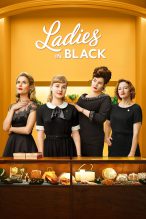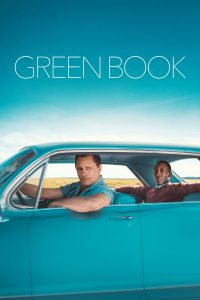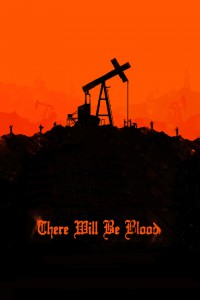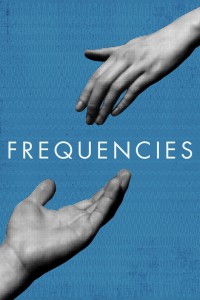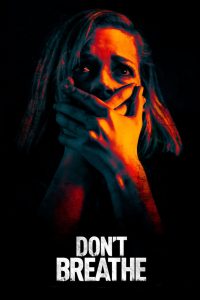Overview
Adapted from the bestselling novel by Madeleine St John, Ladies in Black is an alluring and tender-hearted comedy drama about the lives of a group of department store employees in 1959 Sydney.
Sydney 1959; we find ourselves in Goode’s department store where Lisa (Angourie Rice) starts a summer job over the holiday period as she awaits the results of her final exams. She hopes to be able to go to university to realise her ambitions of becoming a poet or an actress. Her mother (Susie Porter) is keen to see her achieve her potential; her father (Shane Jacobson) isn’t particularly interested in this – he never went to university and he did alright, so why should his daughter?
At Goode’s, Lisa’s can-do attitude allows her to pretty quickly settle in with the other staff – the titular Ladies in Black. The head of one of the departments, Magda (Julia Ormond), takes a particular interest in her; unlike the other saleswomen, Magda is not Australian but a Slovenian ‘reffo’ -“we’re supposed to call them New Australians”- and outside work she introduces Lisa to a world of European culture which is completely different from the seemingly repressed and dispassionate Australian way of life.
Through Magda and Lisa’s friendship, others around them also get introduced to this larger world view and despite some initial hesitation and misgivings, by the time Lisa gets her exam results, they find themselves enchanted or even liberated by experiencing the diversity of culture and approach to life, and for some the dreams of opportunities that could lie ahead.
Whilst the movie is sweet, it lacks something; unfortunately that something is significant. The story is at its core a coming-of-age story of Lisa, set in a coming-of-age period of Australia as a whole. It’s all terribly nice and sweet, and in its ambition to celebrate Australia’s diversity, the movie quietly makes fun of Australians – blessed are these European refugees for bringing some culture and fun to their lives.
A key problem is that there is no real central ambition or conflict to build an exciting or engaging story around. It starts with the weak positioning of Lisa’s growth – we never even get a single hint as to why she would want to be a poet or an actress – we don’t see her writing any poetry or pretending to be on a stage; she is portrayed as very intelligent, hard working, good with people, open-minded, keen to go to university to achieve her potential – yet the recurring theme of Lisa during the entire movie is her swooning over a particular dress, changing her name as she finds Lisa more ‘girly’ rather than the unisex Lesley, and learning to dress more femininely…
Just like the movie misses the opportunity of making a point of women’s liberation with its central character, it also fails to explore any of its various other themes with potential (refugees, immigration, education, family, entrepreneurship, to name a few) in any depth; so if we’re just going for a general feel-good movie, then what is lacking is some sharp wit to bring the whole thing to life.
The result is a sweet but inconsequentially tame flick. It should come with a PG Blandness Certification: ‘No boundaries were pushed in the making of this movie’.
★★½
